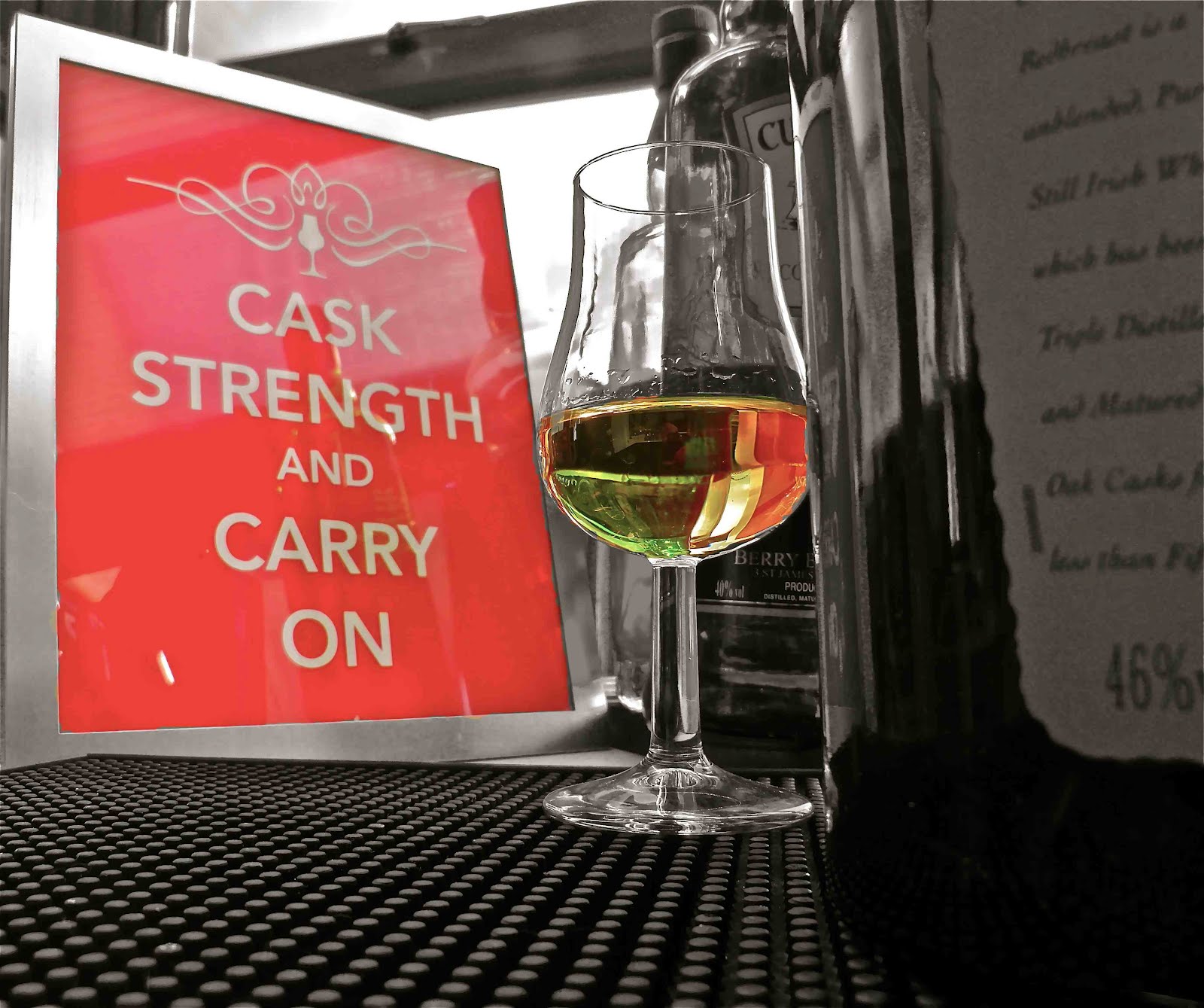Whiskey: a solution to the world's energy demands?


Humanity's desire to consume copious amounts of alcohol has produced a new renewable fuel source. Scotland's Tullibardine distillery has paired up with an energy start-up to turn its whiskey byproducts into a butanol based biofuel, furthering an industry trend to reduce waste.
Tullibardine has partnered with Celtic Renewables, an offshoot of Napier University in Edinburgh's Biofuel Research Centre, to repurpose sugary wastes that are produced in the early stages of making its whiskey, BBC News reports. The whiskey byproducts are well suited to be processed into a drop-in fuel for gasoline.
Tullibardine otherwise spends £250,000 disposing of its by-products every year, the report noted. Celtic Renewables intends to eventually build a processing facility, and believes it is on the cusp of breaking into a multi-billion pound butanol business. That is due to some unique characteristics of butanol.
A major upside for the biofuels industry is that butanol provides it with a second act as corn is being viewed less favorably as a fuel source. The benefit of using butanol is its impact on the manufacturing economics of refiners and its ability to be used in existing vehicles and fuel distribution infrastructure.
That contrasts with ethanol, which must be blended with gasoline. Government subsidies for ethanol are waning, and there is fierce controversy around using corn and other foods as feedstock. That's because food prices have also risen as a direct result of diverting crops as fuel, and recent record setting draughts have called into question the wisdom of government mandates that specify ethanol blends for gasoline.
Whether or not whiskey byproducts will scale enough to meet energy demands remains to be seen - it just may end up being one feedstock among many. Changing the world isn't not the goal in this case - eliminating waste is. The Tullibardine project is being subsidized with a grant from the Scottish government under its Zero Waste initiative, a plan to minimize consigning what could otherwise be repurposed to landfills.
Tullibardine is not alone. The cost of waste has been the primary driver for the greening of the spirits industry. Other examples include Vermont's Magic Hat Brewing Co., which installed a system (more properly known as a Biphase Orbicular Biodigester) to extract leftover barley, hops, wastewater and yeast into an anaerobic methane digester that produces natural gas. The big brewers are getting in on it too.
Anheuser-Busch is capturing heat that's generated during the brewing process to de-ice its loading dock during foul weather, and its rival Coors' sells its ethanol byproducts to refineries throughout Colorado. Some European breweries dry biomass for burning, to provide energy and heat that will brew more beer.
Scottish distiller Diageo has been using tidal power to provide electricity for eight of its facilities, and vineyards from South American to Spain have turned to solar power to lower their production costs and make harvests more sustainable. Saving money is the motivation in each case outlined above.
If cost is a strong enough incentive to help solve the world's energy crisis - all the better. That means being green pays, and we'll all benefit in the long run.
(Image credit: caskstrength.blogspot.com)
Related on SmartPlanet:
- Scots to blend whiskey with tidal power
- Brewers exploit the energy potential of beer
- A toast to renewable power - it's making the sustainable cocktail
- Solar power bares desert fruit
This post was originally published on Smartplanet.com